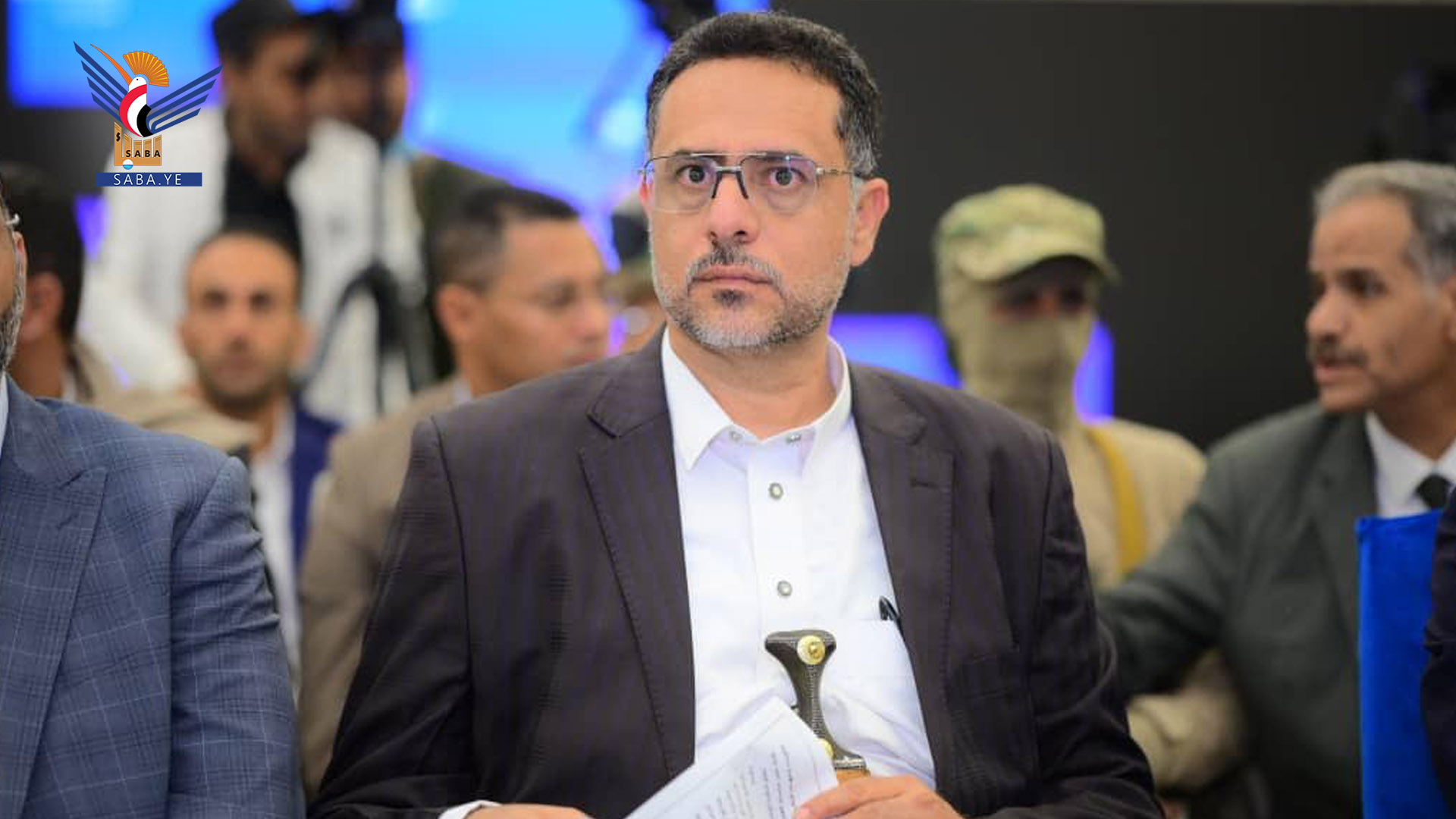Sana’a – Saba: Mansour Al-Haith
The Yemen Customs Authority has recognized that advancing and modernizing customs operations requires extensive training and capacity building for its workforce. This aligns with the sector’s evolving demands, the directives of the revolutionary leadership and the Supreme Political Council, as well as the Reform and Development Government’s program to enhance customs services—ensuring citizens’ transactions are processed efficiently, seamlessly, and swiftly.
To ensure the sustainability of modernization efforts in customs operations, the Authority has shifted toward laying the foundations for a transition from traditional, routine administration to modern management. It has mobilized all available resources to build the skills and efficiency of its personnel across the central office and all customs offices and centers. A comprehensive training plan has been developed, tailored to strategic objectives to enhance the workforce’s professional, technical, and administrative capabilities.
Engineer Adel Margham, Head of the Customs Authority, stated that between January 2023 and February 2025, the Authority conducted 71 training programs across various areas of customs operations, including foundational programs aimed at establishing the pillars of modern customs management.
A total of 3,186 customs employees and private sector partners were trained during this period, including 761 in January and February 2025 alone.
Engineer Margham noted that the training matrix was designed to support the nature of customs work, which requires an effective environment for successful modern management capable of implementing procedures with complete transparency.
The implemented training programs marked a significant turning point toward a new era of customs operations. The Authority continues to prioritize human capital development, recognizing it as the cornerstone for achieving sustainable development and realizing the desired institutional transformation. This transformation is based on values of integrity and transparency, aiming to reduce corruption and foster a genuine partnership with traders, importers, and related entities.
Partner Training
As part of its move toward modern customs management, the Authority conducted ten training courses for private sector partners, targeting 403 participants including customs brokers and representatives of commercial companies. These sessions introduced participants to the services and functionality of the Yemeni Single Window Clearance System, officially launched by Prime Minister Ahmed Al-Rahwi on January 27.
Additionally, two training programs in customs clearance were held for 143 participants from the private sector working in customs clearance offices.
Training Programs Overview
A recent report issued by the Customs Cultural Institute detailed the types of training conducted in 2023 and 2024. These covered administrative, skill-based, computer-based programs, ASYCUDA (Automated System for Customs Data), customs clearance, and specialized technical, cultural, and procedural training for employees.
The training programs conducted in January and February 2025 included areas such as customs inspection, auditing and adjustment, programming environments, and training of trainers (ToT).
Engineer Margham highlighted that these specialized programs targeted various levels within the customs system, contributing to increased professional awareness, improved field performance, and better alignment with technical and procedural updates.
He emphasized that the training matrix is part of the broader renaissance project for building a modern Yemeni state—a vision laid down by the late President Saleh Al-Sammad.
The Authority has also equipped the Customs Cultural Institute with all necessary resources, including training equipment, prepared classrooms, and practical labs to simulate and implement real customs field procedures.
E.

| more of (Reports) |




